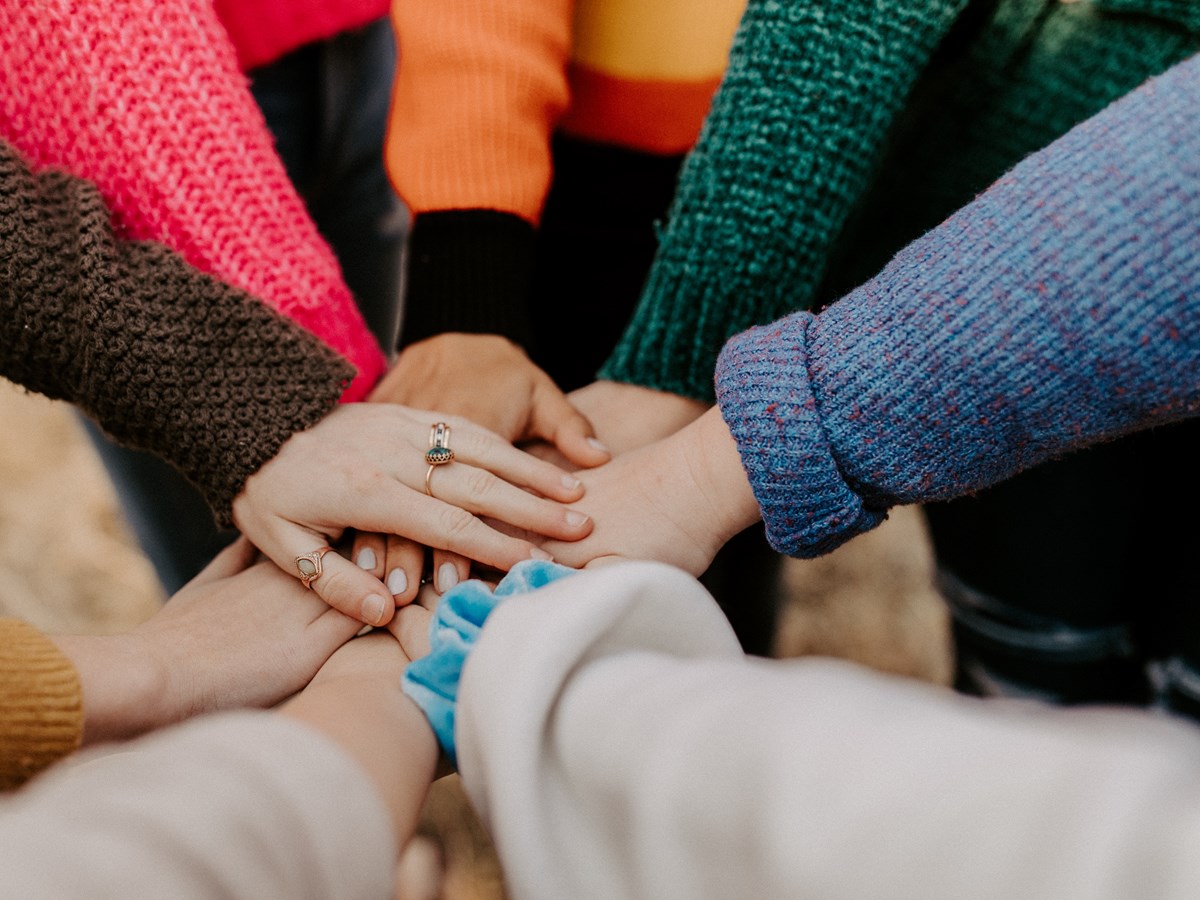
Rachael is Assistant Professor (Research) at Durham University. She’s interested in the intersections between ecological approaches to social problems (especially harm to young people in their communities) and psychosocial approaches which attend to emotional and relational processes. Rachael’s aim is to produce research that is relevant to the messy reality of everyday practice and that enables ethical and justice-oriented work. To do this, Rachael draws on over twenty five years of professional practice in the creative arts and social care and the roles she’s held which have been characterised by an interest in creative, participatory and voluntary methods, across several voluntary and statutory settings.
As a social worker, Rachael became particularly interested in working with young people when she set up and delivered a service for ‘missing’ young people. This led to her to joining the Contextual Safeguarding team at Hackney Children’s Services, as a Practice Development Manager. Alongside this she studied for a PhD focussed on young parents. In 2019, Rachael joined the Contextual Safeguarding research team, initially at the University of Bedfordshire and later at Durham University.
Rachael now leads research projects that investigate the role of social work and related practice in the implementation of Contextual Safeguarding. Her most recent projects include:
- Leading research strands within the ‘Scale-Up project’ to enable system change in social care settings which included overseeing the London Scale-Up element and leading a pilot into the development of Family Group Conferencing (FGC) as a Contextual Safeguarding response.
- Principle Investigator for ‘Sustaining Social Work’, where she formed a collaborative core group of experienced practice leaders who worked together to explore how over 60 practitioners experience doing Contextual Safeguarding in their day-to-day working lives. This led to policy and practice recommendations about the need for greater peer-support and policy clarity to enable the ethical delivery of Contextual Safeguarding.
- Principle Investigator for ‘Responses and Outcomes’, which drew on participatory research methods to further develop the FGC method as a contextual response to youth community harm. As part of this project Rachael wrote a new guide to Community Group Conferences and produced an Outcomes Framework for Contextual Safeguarding for the first time.
Rachael sits on BASW’s Children and Families Thematic Group and is a member of GAPS (who support relationship-based approaches and psychodynamic and systemic thinking in social work). When she isn’t doing these things, Rachael loves to swim, do yoga and generally be outdoors.


